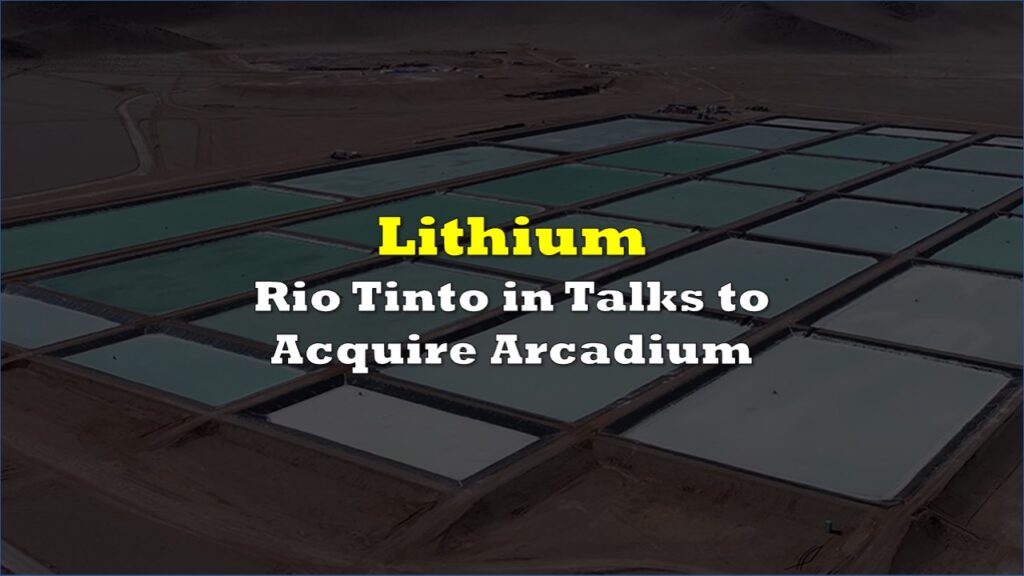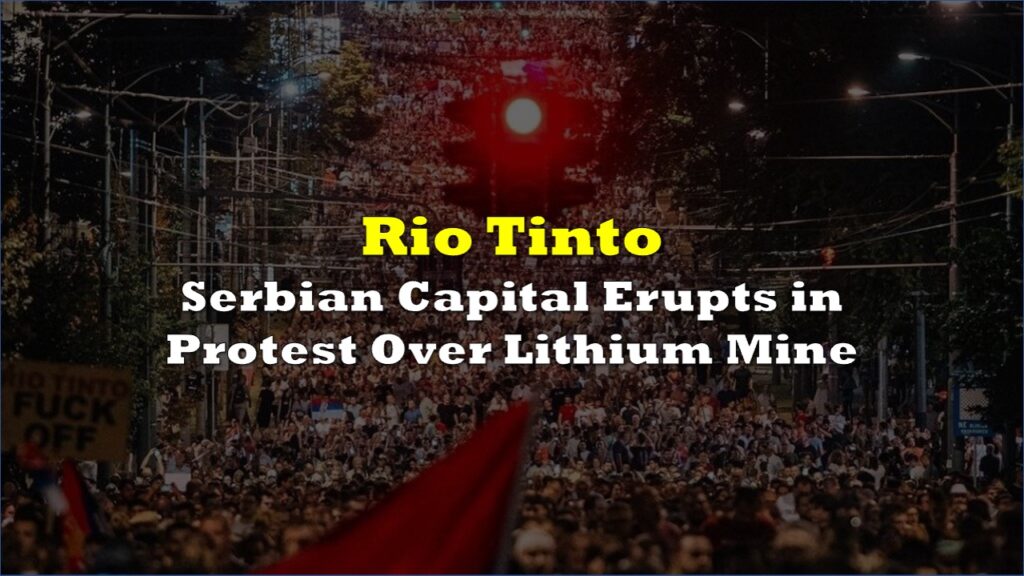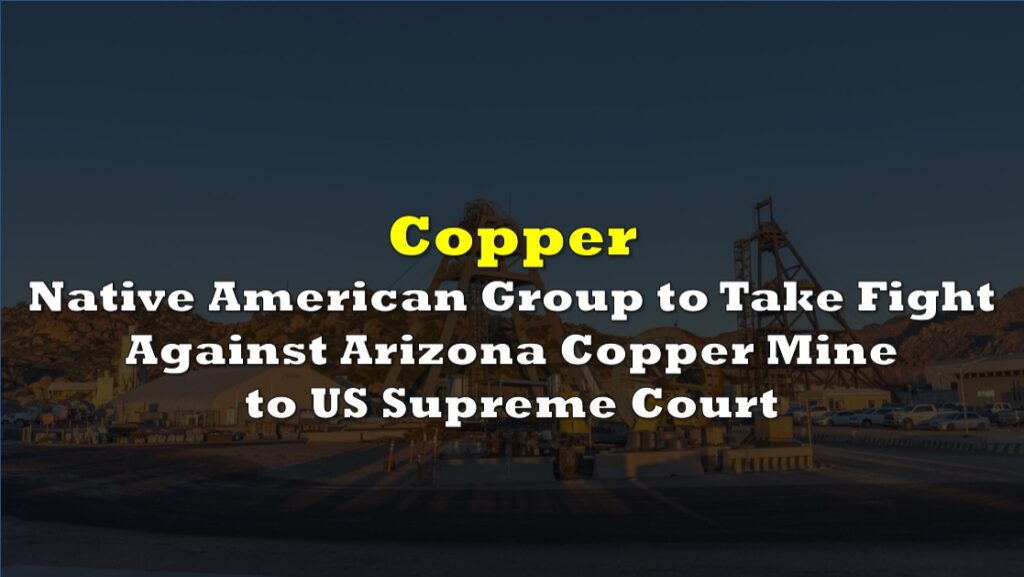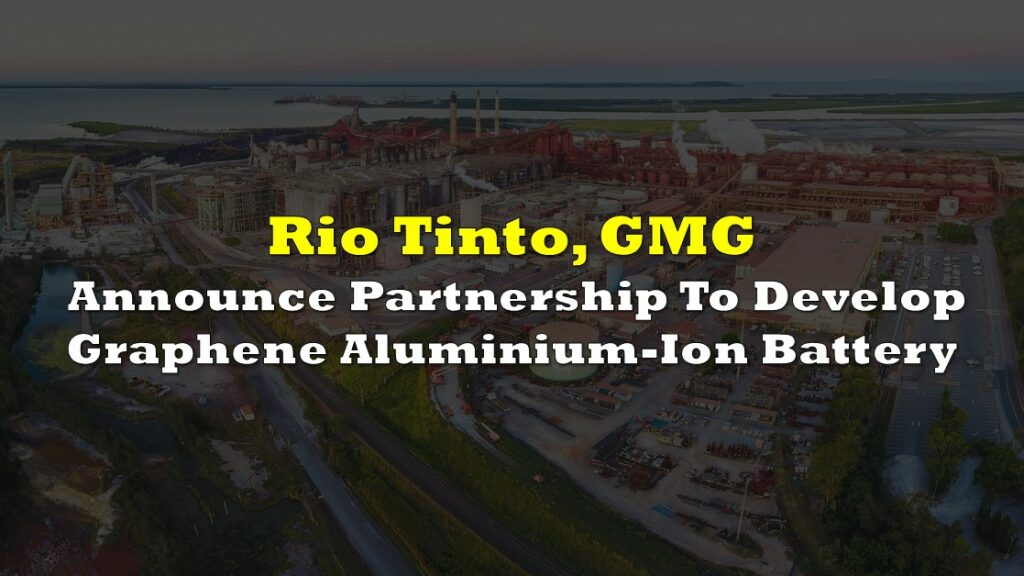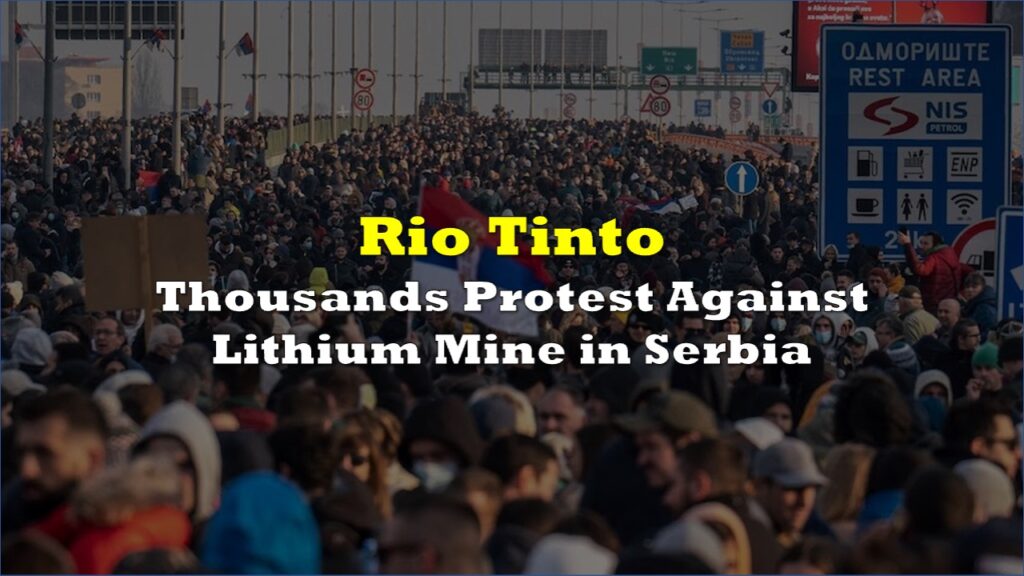Rio Tinto Group has issued a clarion call for the expansion of mineral exploration efforts, particularly for critical metals like copper, as the world grapples with the growing demand for materials essential to the energy transition. With decarbonization and renewable energy projects ramping up globally, metals like copper and lithium are becoming increasingly crucial, and supply chains are struggling to keep up with the surging demand.
In a recent interview, Rio Tinto Chairman Dominic Barton emphasized the importance of exploration over mergers and acquisitions as the primary solution to the looming shortfall of key energy-transition metals.
Speaking on Bloomberg TV, Barton argued that while M&A activity in the mining sector has increased, it will not be enough to address the industry’s long-term supply challenges.
“As an industry, we’re not going to inorganic our way out of this challenge,” he said, stressing that more focus must be placed on discovering new mineral deposits rather than relying on acquisitions to fill the gap. “It’s huge, and it’s in at least five different commodity areas.”
Barton’s comments come at a time when the global mining sector is seeing a flurry of merger activity. Companies are jostling to acquire mineral assets amid rising demand for metals such as copper, lithium, and nickel—critical components in the development of electric vehicles, renewable energy infrastructure, and other green technologies.
Major industry players, including BHP Group Ltd., have led the charge, with BHP recently pursuing a high-profile bid for Anglo American Plc. The bid, valued at $49 billion, was ultimately rejected, but it underscored the intense competition for access to valuable resources.
Despite the rising M&A trend, Rio Tinto has taken a more restrained approach to dealmaking. Instead of aggressively pursuing acquisitions, the company has committed significant resources to exploration, with particular attention on copper and lithium projects. Barton highlighted that Rio Tinto is open to looking at acquisition opportunities, but insisted that large-scale mining operations will ultimately require new discoveries rather than just consolidation of existing assets.
“We’re just going to have to build more,” Barton stated. “We’re going to need to mine, discover, and mine more copper in the next 30 years.”
Copper is a vital component in the production of electric wiring, renewable energy infrastructure, and electric vehicles—sectors expected to see significant growth as countries work towards meeting their carbon reduction targets. A report by the International Energy Agency projects that the global demand for copper will increase by more than 40% by 2040, driven largely by the clean energy transition. Rio Tinto’s strategic focus on copper exploration aligns with this outlook, as it positions itself to meet this increasing demand.
The green energy transition has led to a surge in demand for several other key metals, including lithium, nickel, and cobalt. These materials are essential for the production of batteries used in electric vehicles and energy storage systems. With EV adoption growing rapidly—Tesla, Ford, and other major automakers are ramping up production—access to these critical metals has become a strategic priority for mining companies.
In 2023, Rio Tinto announced plans to invest hundreds of millions of dollars into lithium projects, with a particular focus on a site in Serbia. However, this initiative has faced significant opposition from local communities due to environmental concerns. This pushback underscores the challenges faced by mining companies, which must balance the demand for critical minerals with the environmental and social impacts of large-scale mining operations.
As Barton pointed out, the industry faces a complex task: “The challenge is, can we mine these materials in a way that’s not only economically viable but also environmentally and socially responsible?”
Information for this briefing was found via Bloomberg and the sources mentioned. The author has no securities or affiliations related to this organization. Not a recommendation to buy or sell. Always do additional research and consult a professional before purchasing a security. The author holds no licenses.





